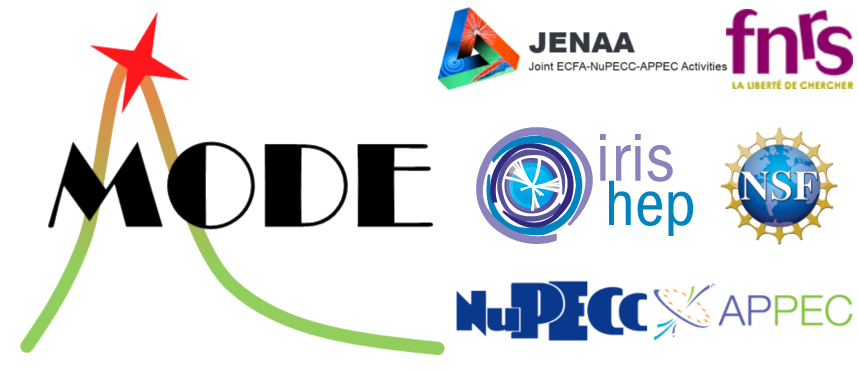Speaker
Description
Proton computed tomography (pCT) is an emerging imaging modality, receiving increasing importance for treatment planning in hadron therapy. One of the core challenges in the reconstruction pipeline for the high-granularity Bergen pCT Digital Tracking Calorimeter (DTC) prototype is the efficient reconstruction of high-multiplicity proton traces throughout the scanner which, in contrast to X-rays used in conventional CT, do not travel in a straight line. For this application, we propose a novel sequential tracking scheme based on model-free reinforcement learning working on graph-structured data, allowing for ground-truth free training of deep neural network architectures. For optimization, we consider only partial-information in terms of a scalar reward function, modeled based on the Gaussian approximation of the underlying theory of multiple Coulomb scattering. Given this information, we aim to find a policy that maximizes the plausibility of reconstructed tracks. We demonstrate on Monte Carlo simulated data the high potential as well as the current limitations of this approach.
